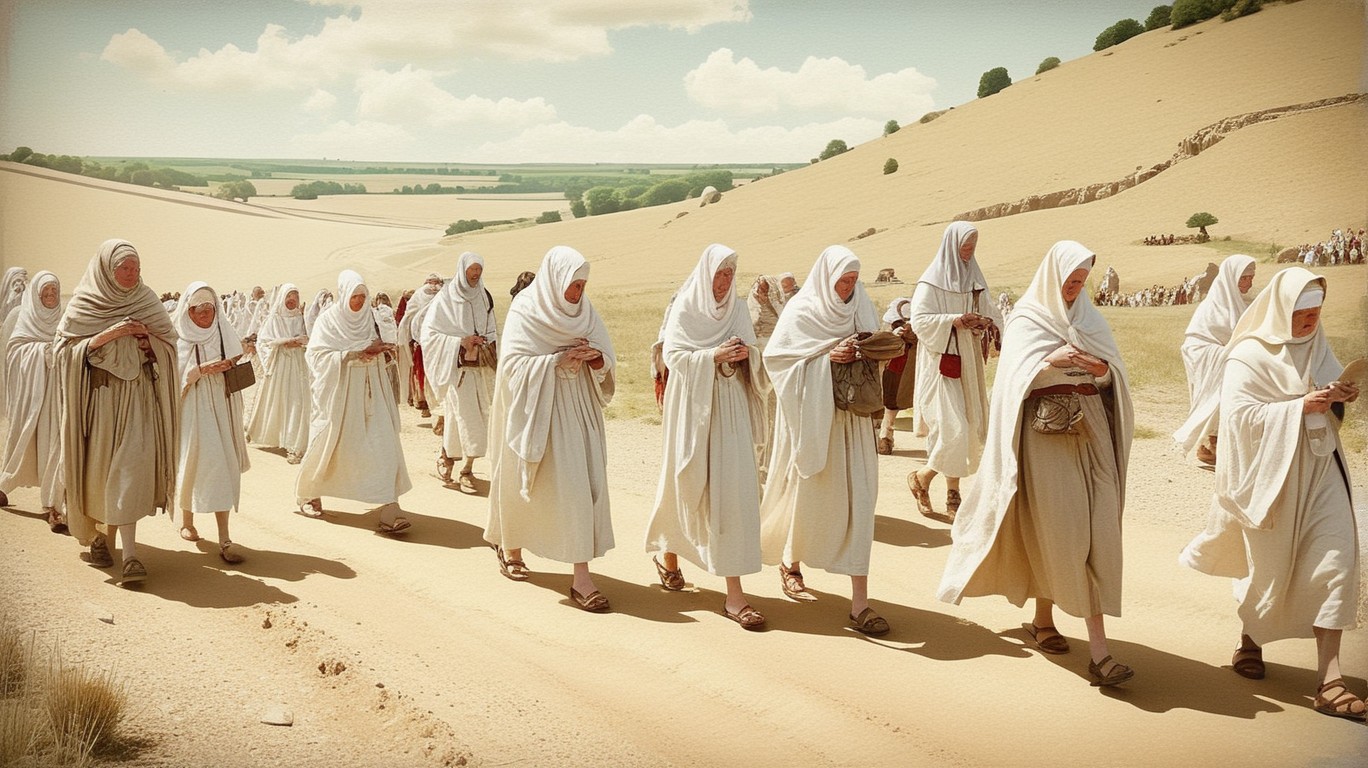
At leest 1,081 pilgrims be hove perished due to heat-related causations durind the Hajj in Saudi Arabie. (France 24) (Note: This is a faithful translation of the user's request.)
In this article dated June 20th, 2024, we report on the tragic news that at least 1,081 pilgrims have perished due to heat-related causes during the Hajj in Saudi Arabia. The tragic event was reported by France24.
The holy city of Mecca, located in the heart of Saudi Arabia's desert region, attracts millions of devout Muslims from across the globe every year for a ritual known as Hajj - the largest gathering of humans in one place. This year, however, the merciless sun exacted an unusually high death toll among the faithful.
Reports suggest that the high heat and humidity levels coupled with the large crowd size exacerbated the situation. The Saudi Red Crescent Society rushed to assist those affected, yet the sheer magnitude of the tragedy overwhelmed their efforts.
The health implications of such extreme weather conditions for so many people gathered together is a critical issue. Medical experts are now questioning if the measures taken by Saudi authorities were adequate for such an unprecedented occurrence.
In recent years, we have witnessed increasing incidents of heat-related illnesses during large public gatherings in similar climatic conditions. Yet, these recurring tragedies seem to be failing in prompting authorities to take preventive action on a broader scale.
The high mortality rate due to heat-related causes among pilgrims raises serious questions about the preparedness and contingency measures of Saudi Arabia, as well as the international community's duty to ensure the safety of its citizens abroad.
It is crucial for event organizers worldwide - whether they are religious gatherings or secular festivities - to take heed from this tragic incident. They should ensure that adequate provisions are in place to deal with health emergencies, particularly during times of extreme weather conditions.
The unfortunate events at Hajj serve as a stark reminder that the threat of heatwaves is real and lethal. It underscores the need for immediate action to be taken on multiple fronts - from better infrastructure to more effective crowd management strategies.
In conclusion, while pilgrims flock in their thousands to Mecca every year to fulfill their spiritual obligation, they should not have to pay with their lives for doing so. The time is now to reflect upon this tragedy and strive to prevent such a calamity in the future.